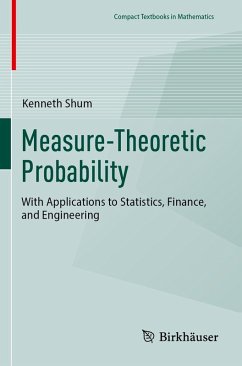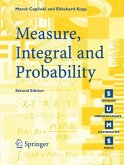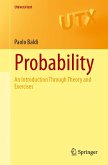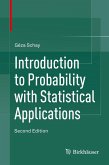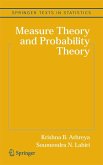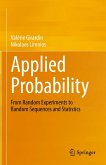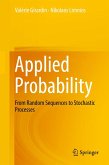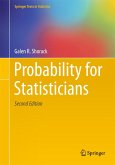Measure-Theoretic Probability is ideal for a one-semester course and will best suit undergraduates studying statistics, data science, financial engineering, and economics who want to understand and apply more advanced ideas from probability to their disciplines. As a concise and rigorous introduction to measure-theoretic probability, it is also suitable for self-study. Prerequisites include a basic knowledge of probability and elementary concepts from real analysis.
Dieser Download kann aus rechtlichen Gründen nur mit Rechnungsadresse in A, B, BG, CY, CZ, D, DK, EW, E, FIN, F, GR, HR, H, IRL, I, LT, L, LR, M, NL, PL, P, R, S, SLO, SK ausgeliefert werden.

